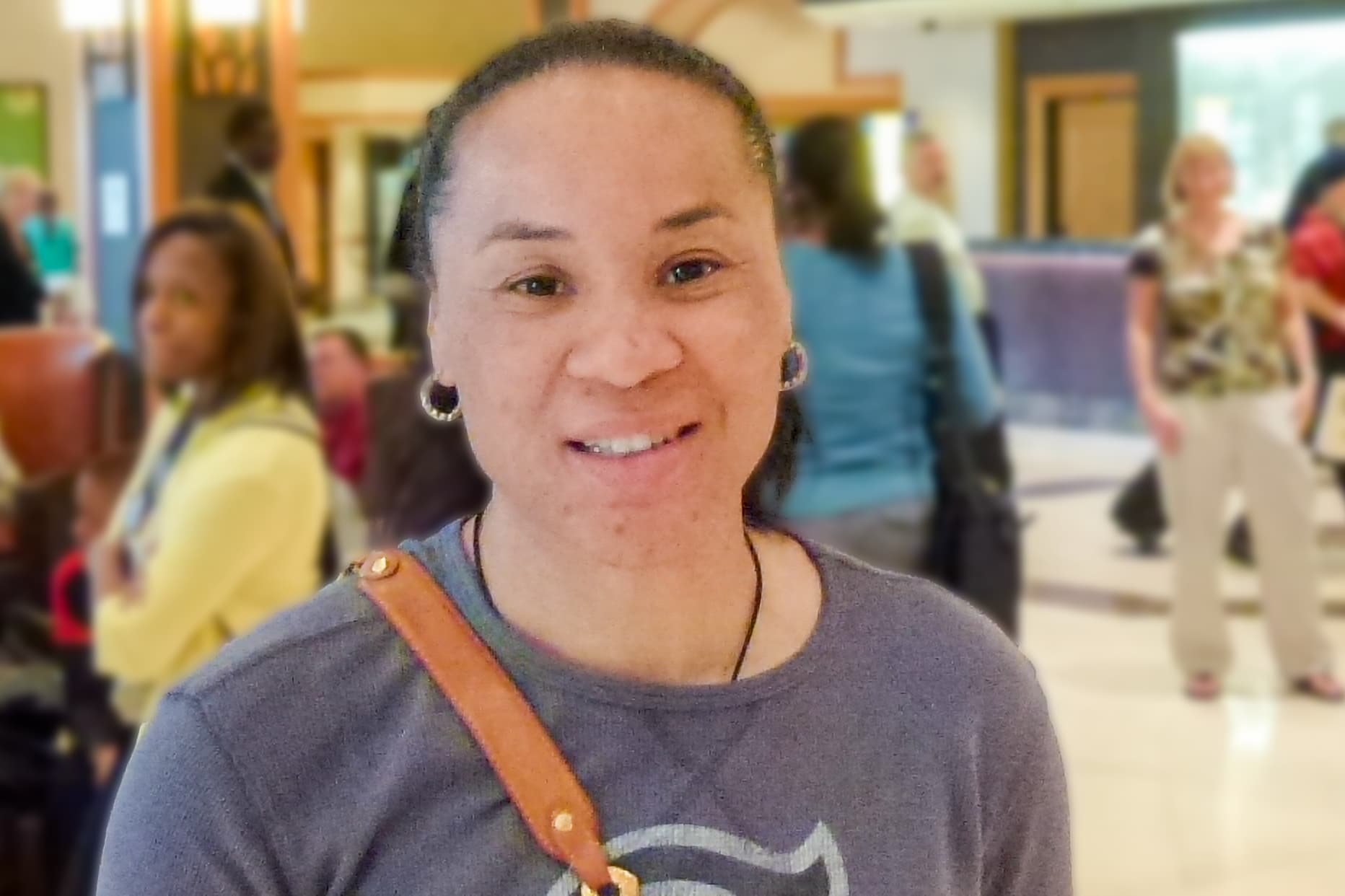Guatemalan trans woman who received death threats is granted asylum
Woman known as S.A.C. has been detained for more than nine months at a men's detention facility

A transgender woman who was beaten and threatened with death after refusing to collect extortion money for a Guatemalan drug cartel, raped and tortured by police, and received death threats from coworkers because of her gender identity has been granted asylum in the United States.
The woman, known as S.A.C., fled from Guatemala in October because she feared for her life. After crossing the U.S. border in early December, she turned herself in to U.S. Border Patrol. She was subsequently detained at Stewart Detention Center in Lumpkin, Ga., an immigrant detention center for men, for over nine months.
In two declarations filed with the U.S. Department of Justice’s Executive Office for Immigration Review, S.A.C. testified that she was unable to maintain employment in baking, designing accessories, sewing or other activities because of anti-LGBTQ discrimination, including being subjected to death threats from her coworkers. At one job, she was fired after management took over. No reason was given, but her coworkers told her it was because she was perceived as a gay man.
Due to her inability to find and maintain regular employment, S.A.C. turned to sex work. She says that while working in the sex trade, she was raped by Guatemalan police on multiple occasions, as were other sex workers.
Members of the drug cartel also attempted to recruit her into performing sexual favors for them and collecting extortion money from local businesses, and beat her when she refused. S.A.C. states she feared for her life because she knew that the drug cartel had killed one of her transgender friends. She also thought that police would not take any action — or might even report on her to members of the cartel — if she complained about the threats she received.
“I decided to leave Guatemala because of the threat to my life and the other persecution I experienced at the hands of the drug cartel,” S.A.C. said in a court statement.
S.A.C. says she sought refuge in the United States after learning about anti-discrimination laws for LGBT individuals and the legalization of marriage equality in the United States. Even when she was in detention, she felt safer in the U.S. because she did not have to worry about being targeted for death because of her gender identity.
“I do want to become a woman, perhaps through surgery, and live as a woman all of the time, if I lived somewhere were it would be safe for me to do so. This desire has intensified over time,” she wrote in her declaration. “Based on my experiences in Guatemala, however, Guatemala is not a safe place for me to be transgender or to continue my transition.”
S.A.C. sought help from the Southern Poverty Law Center through its Southeast Immigrant Freedom Initiative, a project that provides pro bono representation to detained immigrants in the southeastern United States. SIFI has worked on at least 76 cases at Stewart Detention Center alone. The project also has offices at Irwin County Detention Center in Ocilla, Ga., and the LaSalle ICE Processing Center in Jena, La.
“Guatemala is a country widely recognized as hostile to LGBT people, and we’re glad the judge saw that our client’s life was at serious risk if she were to return,” David Dinielli, the deputy legal director for the SPLC, said in a statement.
Dinielli also took issue with the decision to house S.A.C. at Stewart Detention Center, noting that she was “treated like a criminal” and “housed in a prison-like facility” by immigration authorities while she awaited a decision about her status.
According to a national study, only 6% of detainees at Stewart receive legal representation between the years of 2007 and 2012, well below the national average of 37%. As a result, successful stories like S.A.C.’s are rare: typically, only 7% of Stewart detainees have been able to obtain asylum.
“We’re proud that SPLC’s intervention and representation of S.A.C. resulted in a decision to grant asylum,” Dan Werner, director of SIFI, said in a statement. “But make no mistake: in remote facilities like Stewart, lack of representation and asylum denials are the norm. SIFI’s efforts on behalf of clients like S.A.C. are a stopgap measure in the absence of comprehensive immigration reform.”
Support Metro Weekly’s Journalism
These are challenging times for news organizations. And yet it’s crucial we stay active and provide vital resources and information to both our local readers and the world. So won’t you please take a moment and consider supporting Metro Weekly with a membership? For as little as $5 a month, you can help ensure Metro Weekly magazine and MetroWeekly.com remain free, viable resources as we provide the best, most diverse, culturally-resonant LGBTQ coverage in both the D.C. region and around the world. Memberships come with exclusive perks and discounts, your own personal digital delivery of each week’s magazine (and an archive), access to our Member's Lounge when it launches this fall, and exclusive members-only items like Metro Weekly Membership Mugs and Tote Bags! Check out all our membership levels here and please join us today!























